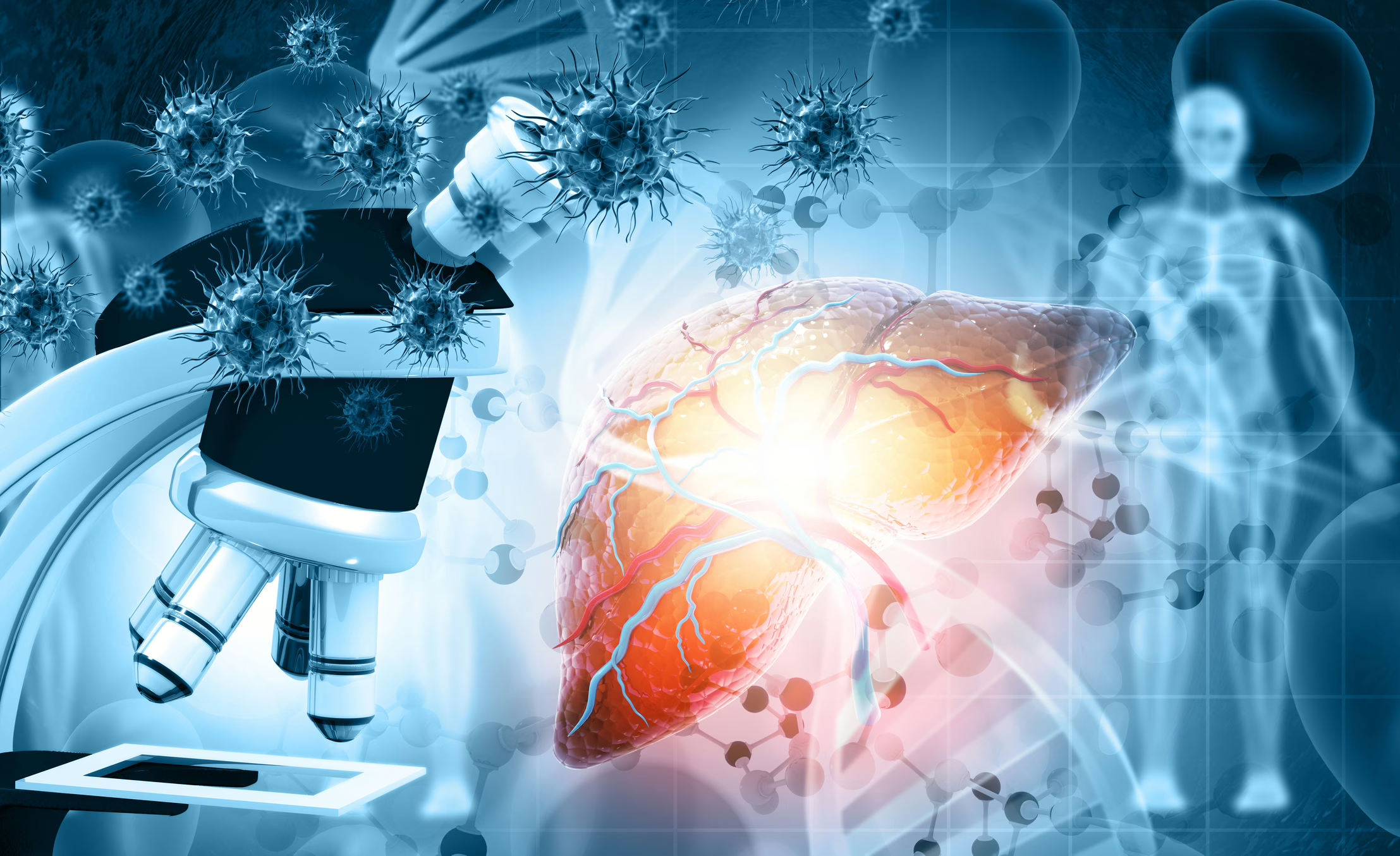Alcoholism, often referred to as alcohol use disorder (AUD) these days, is a condition characterized by an inability to control or stop drinking despite negative consequences. It affects not only the individual but also their loved ones and society at large. One question that frequently comes up when discussing alcoholism is whether it can be passed down genetically through families and across generations.
Understanding the role of genetics in alcoholism can provide valuable insights into why some people are more vulnerable than others to this condition. Scientific research has indicated that genetics can significantly influence the likelihood of developing alcohol dependence. Various genes have been identified that may affect how alcohol is metabolized in the body and how it influences brain chemistry. These genetic factors can make some individuals more susceptible to alcohol use disorder than others.
It’s important, however, to recognize that genetics is just one piece of the puzzle. The interaction between genetic predisposition and environmental factors plays a crucial role in the development of alcoholism. Factors such as family dynamics, peer influences, stress levels, and societal attitudes towards drinking all contribute to one’s overall risk for problem drinking.
Research continues to explore the complex interplay between genetic and environmental factors to better understand how alcoholism develops. By studying families and conducting studies on biological twins, scientists are beginning to piece together how these elements interact. This ongoing research is crucial for developing more effective prevention and treatment strategies, offering hope for those affected by alcohol use disorder and their families.
Heritability estimates suggest that genetics account for 40% to 60% of the risk for developing alcoholism. This means that while genetics are significant, they are not the sole factor in determining whether someone will struggle with alcohol use.
Researchers have found that certain genetic variations can affect how individuals metabolize alcohol. For example, some people have genetic variants that lead to a slower metabolism of alcohol, which can increase the likelihood of negative effects and potentially reduce the risk of heavy drinking. Conversely, other genetic variations might make the experience of drinking more pleasurable, increasing the risk of developing alcoholism.
Understanding these genetic factors is crucial for developing personalized prevention and treatment strategies. Genetic testing could eventually help identify individuals at higher risk, allowing for targeted interventions across the lifespan. However, it’s important to remember that having a genetic predisposition does not guarantee that someone will develop alcoholism. Other factors, including lifestyle and personal choices, play a significant role in shaping outcomes.
Research has shown that genetic predisposition accounts for about half of the risk for developing alcoholism.
A study in ‘Alcoholism: Clinical and Experimental Research’ found that approximately 50% of the risk for alcoholism is attributed to genetic factors. Additionally, twin studies have provided further support for the genetic basis of alcoholism. These studies indicate that identical twins, who share the same genetic makeup, have a higher concordance rate for alcoholism than fraternal twins.
This evidence suggests a significant genetic component to Alcohol Use Disorder.
Research involving twins has been instrumental in understanding the role of genetics in alcoholism. For example, if one identical twin has alcohol dependence, the likelihood of the other twin also developing the disorder is higher compared to fraternal twins. This reinforces the idea that genetic factors are influential.
Further studies have pinpointed specific genes that may increase susceptibility to alcoholism. Variants of these genes can affect how individuals metabolize alcohol and how their brains respond to it. The interplay between these genetic factors can significantly influence whether someone might struggle with alcohol use disorder.
While genetics are a major factor, they are not the only elements that contribute to alcoholism. Environmental influences play a significant role in shaping alcohol use and dependency. According to Dr. John Smith, a geneticist at the University of California, “genetic predisposition is a major factor in the development of alcohol dependence, but it interacts with environmental influences.”
Factors such as peer pressure, stress, and cultural attitudes toward drinking can significantly impact the risk of developing alcoholism. For instance, growing up in a household where heavy drinking is common can normalize such behavior, making it more likely for individuals to adopt similar habits. Similarly, social settings that encourage frequent drinking can increase the likelihood of developing alcohol dependence.
Additionally, life experiences and stress levels can either exacerbate or mitigate the risk. High-stress environments, whether due to work, financial issues, or personal relationships, can lead some individuals to turn to alcohol as a coping mechanism. Conversely, supportive environments and positive role models can help individuals resist these pressures.
Understanding these various contributors provides a more comprehensive picture of alcoholism. By recognizing the significant influence of environmental factors, alongside genetic predispositions, it becomes possible to develop more effective prevention and intervention strategies.
Alcohol use and mental health are often closely linked, with each influencing the other.
Anxiety, depression, and other mental health disorders can increase the risk of alcohol abuse. People dealing with these issues might turn to alcohol as a form of self-medication, seeking temporary relief from their symptoms. This coping mechanism, however, can lead to a cycle of dependency that exacerbates both the mental health disorder and the alcohol use disorder.
For individuals with a genetic predisposition to alcoholism, the presence of mental health challenges can amplify their risk. The genetic factors that contribute to alcohol dependence can also intersect with those that influence mental health, making it more challenging to manage either condition. This intersection means that someone who is genetically vulnerable to alcohol use disorder may also be more susceptible to developing anxiety or depression, and vice versa.
Addressing mental health issues is a critical component of preventing and treating alcohol use disorder. Comprehensive treatment plans that include mental health support can help individuals manage their symptoms more effectively. Therapy, medication, and support groups are among the tools that can be used to address both mental health disorders and alcohol dependence simultaneously.
Incorporating mental health care into prevention and treatment strategies is essential for those at higher risk due to genetic factors. By focusing on mental well-being, individuals can develop healthier coping mechanisms and reduce their reliance on alcohol, ultimately improving their overall quality of life.
Prevention strategies for those with a genetic predisposition to alcoholism involve a combination of education, early intervention, and strong support networks. Educational programs that focus on the risks and effects of alcohol use can be particularly beneficial. These programs can empower individuals with knowledge, helping them make informed decisions and recognize early signs of potential alcohol problems.
Early intervention is also critical. Healthcare providers can play a key role by screening for alcohol use and offering resources for those who may be at risk. Regular check-ups that include conversations about alcohol use can help identify issues before they escalate.
Support networks, including family, friends, and community resources, are essential in offering encouragement and assistance. Having a reliable support system can make a significant difference in someone’s ability to resist the pressures of alcohol use. Peer support groups, counseling services, and mental health resources are also valuable in providing the necessary support.
Creating a positive environment that encourages healthy habits and coping mechanisms is vital.
Activities that promote physical and mental well-being, such as exercise, hobbies, and social engagement, can serve as alternatives to alcohol use and provide a healthier way to manage stress and emotions.
Understanding the interplay between genetics and environment in alcoholism can empower individuals to make informed decisions. Recognizing that genetic predisposition can increase vulnerability helps highlight the importance of a supportive environment. Family dynamics, social influences, and mental health are all crucial components in this equation.
It’s important to note that having a genetic risk does not mean that alcohol use disorder is inevitable.
Proactive steps, such as fostering positive relationships, seeking mental health support, and staying informed about the risks of alcohol use, can significantly reduce the likelihood of developing alcoholism.
By combining knowledge of genetic factors with strategies to manage environmental influences, individuals and families can create a balanced approach to prevention and intervention. Education, early intervention, and strong support networks are key in navigating the complexities of alcoholism. Ultimately, fostering a positive, informed, and supportive environment can help mitigate risks and promote healthier, more fulfilling lives.











